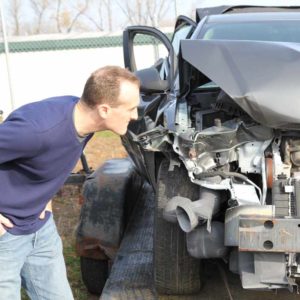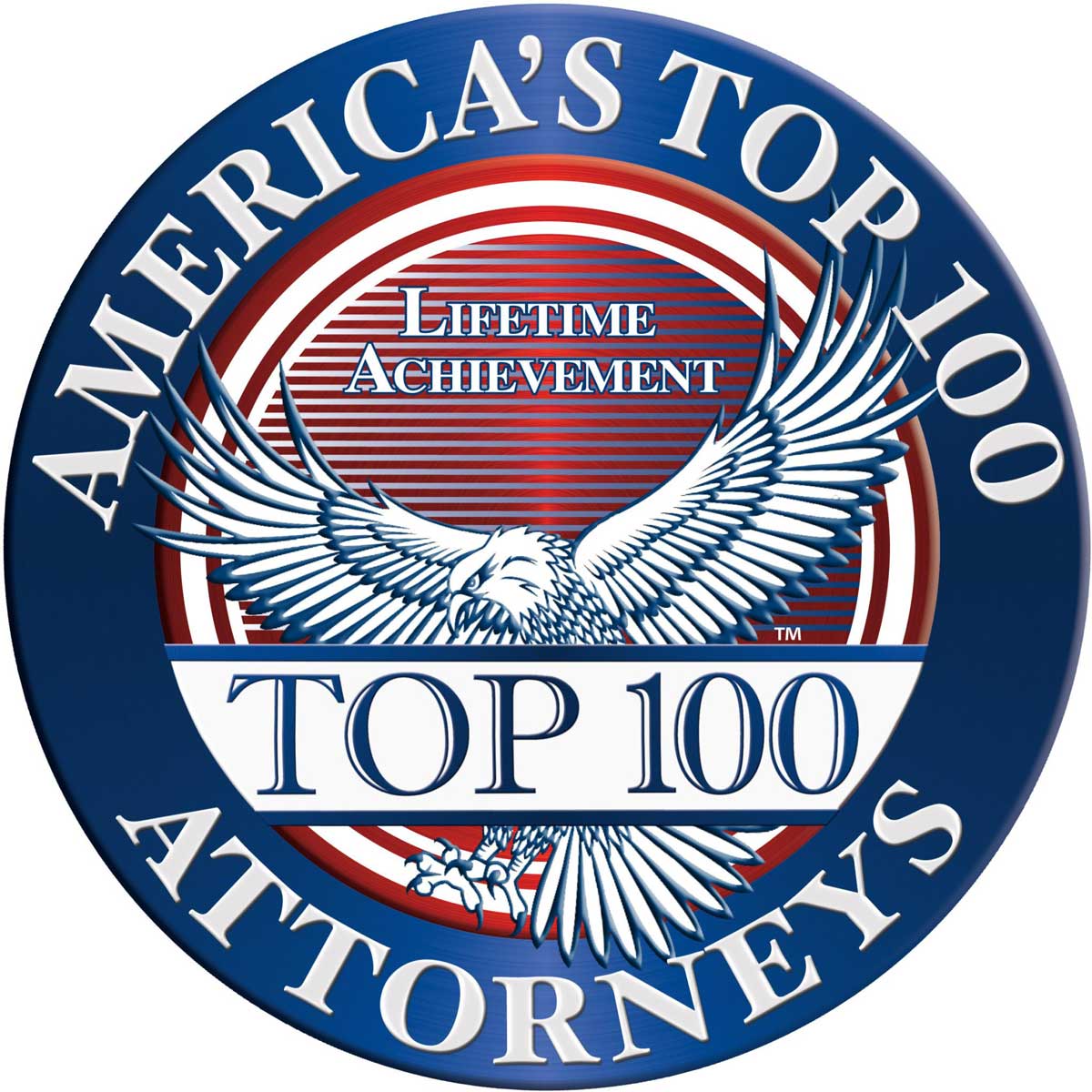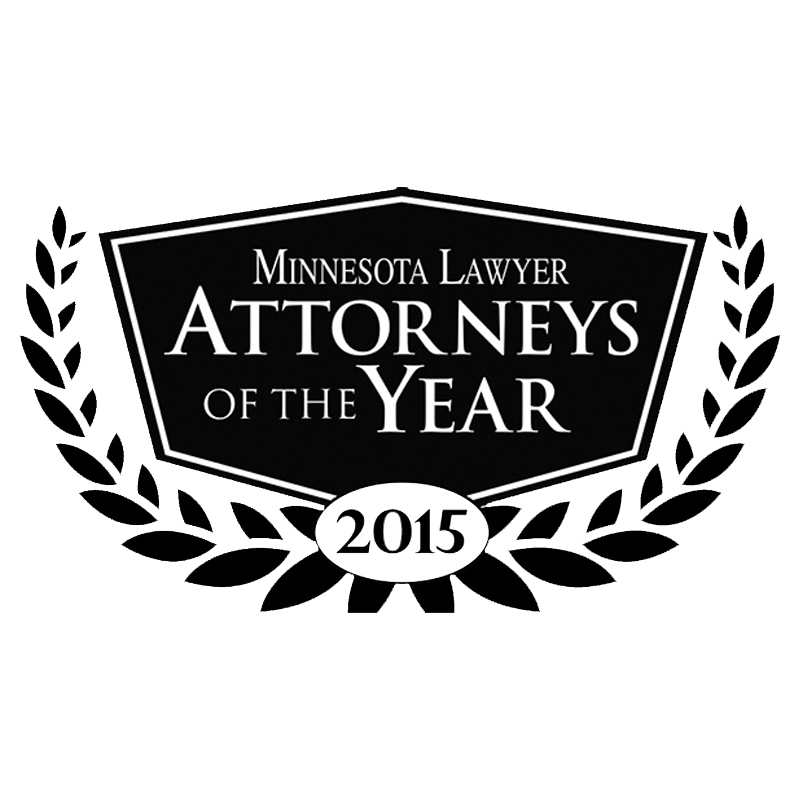What Happened in This Duluth Crash?
News reports say a 19-year-old group home employee, Michael Edward Rahja Jr., allegedly took two residents on a reckless two-hour drive through Duluth, repeatedly exceeding 100 mph, while intoxicated and high, before crashing into an SUV at Martin and Jean Duluth Roads around 6 p.m. The SUV driver, identified in one report as Sandra Kay Erickson, 60, suffered serious injuries including a fractured pelvis, three fractured vertebrae, and a concussion. According to the charging documents and news coverage, Rahja’s preliminary breath test measured 0.228%, nearly three times the legal limit; he was also allegedly driving on a revoked license and admitted drinking vodka and using THC products. He faces felony criminal vehicular operation and other charges, with bail set at $75,000 and a court appearance scheduled for December 2.
The Minnesota Star Tribune also reports that Rahja was driving for TBI Residential and Community Services, a provider serving clients with traumatic brain injuries; a company spokesperson reportedly declined comment.
Why This Matters Legally: Can The Group Home Be Held Accountable?
When a crash involves a commercial or care-provider vehicle (like a group home van), responsibility can extend beyond the individual driver. Here are common legal theories our firm evaluates in Minnesota crash cases:
- Vicarious liability: If an employee was acting within the scope of employment (e.g., transporting residents), the employer can be financially responsible for the harm caused.
- Negligent hiring, retention, or supervision. Employers must screen, train, and supervise drivers, especially when transporting vulnerable residents. These issues are part of broader employer negligence we routinely analyze in Minnesota car cases. Indicators we investigate include:
- Hiring or retaining someone with a revoked license or prior impaired driving history.
- Failing to enforce zero-tolerance policies for alcohol or drug use on duty.
- Ignoring red flags like prior speeding citations.
- Negligent entrustment of a vehicle. Giving the keys to someone unfit to drive (e.g., revoked license or impairment) is a separate basis for liability. Minnesota traffic-law violations can be strong evidence of negligence in civil cases, which is useful in proving liability against drivers and, where appropriate, the vehicle’s owner or employer.
- Policy and training failures in residential care settings. Group homes must have transport policies that protect residents and the public (e.g., sober driving, seat-belt use, route planning, and real-time supervision).
- Potential dram shop liability (if alcohol was illegally served). If a bar or liquor seller illegally served alcohol to the driver (for example, while obviously intoxicated or underage), Minnesota’s dram shop law may allow a separate claim against that business—an important additional source of insurance coverage for victims.
Injuries We’re seeing Reported — and How Compensation Works
Reported injuries in this crash include multiple spinal fractures, a pelvic fracture, and a concussion. These are injuries that can involve long recoveries, lost wages, and significant medical care. Our Minnesota car crash team has extensive experience building compensation claims for: medical bills (present and future), lost income and diminished earning capacity, rehabilitation and in-home services, pain and suffering, and in some cases punitive damages.
Because neurological symptoms can evolve, we also frequently coordinate care and documentation for traumatic brain injury (TBI) and spine cases.
How Pritzker Hageman Investigates Crashes Involving Care Providers

When a crash involves a group home or residential care provider, we move fast to preserve evidence and identify all responsible parties and insurance policies:
- Vehicle and data preservation: we send spoliation letters to secure the van’s event data recorder, telematics, and any driver-assist braking logs referenced in reports. In this case, it was reported that there was an automated braking system that was disabled due to multiple collisions.
- Employer records: we seek driver hiring, training, supervision, and discipline files; drug/alcohol policies; route logs; and transport protocols.
- Licensing and compliance: we verify the driver’s license status and check for prior incidents or citations. In this case the driver was reported to have multiple citations and had lost his license.
- Third-party alcohol service: when impairment is alleged, we investigate possible dram shop claims in parallel with the negligence and employer-liability case.
Our car accident legal team, led by attorneys Eric Hageman and Raymond Trueblood-Konz, has recovered numerous multimillion-dollar results for catastrophically injured clients.
Legal Resources You May Find Helpful
- Drunk Driver Lawsuits in Minnesota – overview of your rights after DUI crashes.
- Dram Shop Liability (Bars/Restaurants) – when alcohol sellers share legal responsibility.
- Minnesota Car-Accident Compensation – what damages are available and how claims work.
- Suing a Negligent Driver – how we prove fault and maximize your compensation.
- Lane-Change/Passing Crashes – Minnesota law treats certain traffic violations as prima facie (automatic) negligence, which can help prove fault.
- TBI & Head-Injury Lawyers – experience with complex neurological injuries.
FAQ
One report in the Star Tribune identifies the employer as TBI Residential and Community Services; preliminary charging documents do not name the group home in court filings. The company reportedly declined to comment.
Yes. The driver’s employer can be liable under a legal doctrine called “respondeat superior” if he was acting within his job duties, and potentially for negligent hiring/retention/supervision and negligent entrustment if safety policies or screening failed. Minnesota traffic-law violations can also serve as prima facie evidence of negligence in a civil case.
Minnesota’s dram shop law can create a separate claim against the business that illegally served alcohol, which is critical for accessing additional insurance coverage.
Fractures (including vertebrae and pelvis), concussions/TBIs, and any injury requiring hospitalization or causing missed work generally warrant legal counsel. See our guide on car-accident compensation.
What to Do Next If You or a Family Member Was Hurt
- Get medical care and follow-up with specialists (spine/neurology as needed).
- Preserve evidence: photos, witness names, medical paperwork, and any communications from insurers or the group home.
- Do not give recorded statements to insurers before you speak with legal counsel.
- Contact our Minnesota crash team to evaluate all liable parties (driver, employer/group home, vehicle owner, and any dram shop defendants) and all available insurance.
Speak With a Pritzker Hageman Minnesota Crash Attorney
We represent crash victims and families throughout Minnesota, including Duluth and St. Louis County. Our team knows how to hold corporate and care-provider defendants accountable and to find all available coverage so you can focus on recovery. Contact us today.
Our car crash lawyers have won millions of dollars for injured by dangerous drivers – Contact us.
Phone: 1-888-377-8900 | Text: 612-261-0856
The consultation is free and you never pay anything until we win for you.
The Pritzker Hageman law firm and our attorneys have been recognized in:
U.S. News & World Report

Pritzker Hageman has been recognized as one of the best law firms for personal injury litigation by U.S. News & World Report every year the award has been given since 2012.
Super Lawyers®, Thomson Reuters

Attorneys at Pritzker Hageman have been awarded the peer selected Super Lawyers distinction every year since 2004.
America’s Top 100 Attorneys®

Lifetime Achievement selection to America’s Top 100 Attorneys®.
Three Time Attorneys of the Year

Pritzker Hageman lawyers have been named Attorneys Of The Year by Minnesota Lawyer three times.